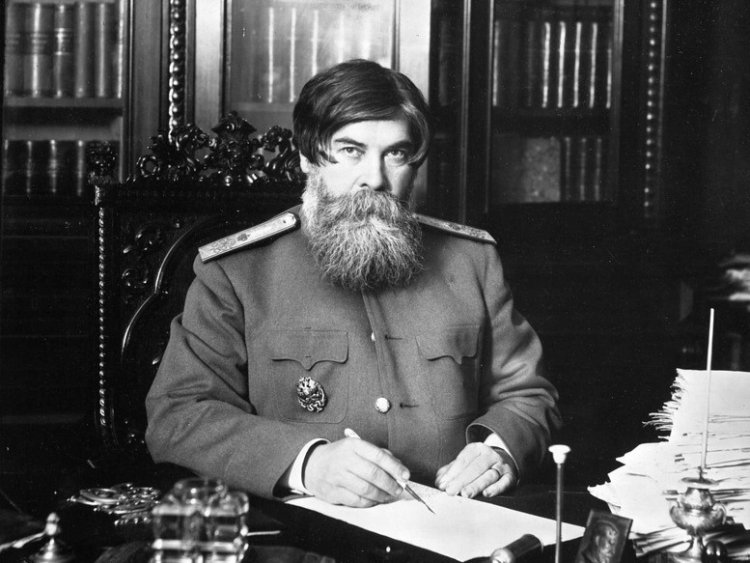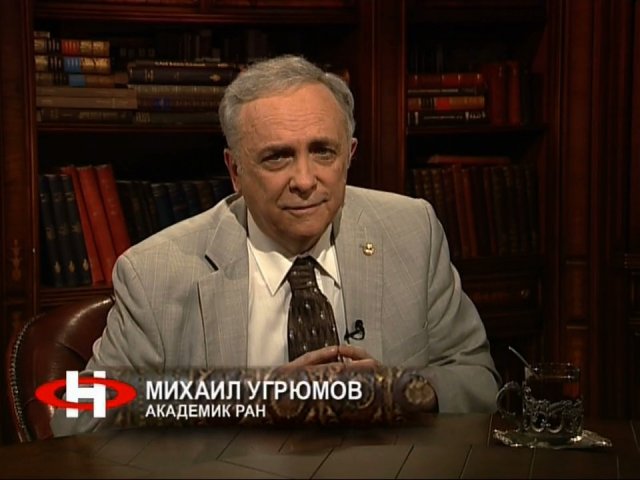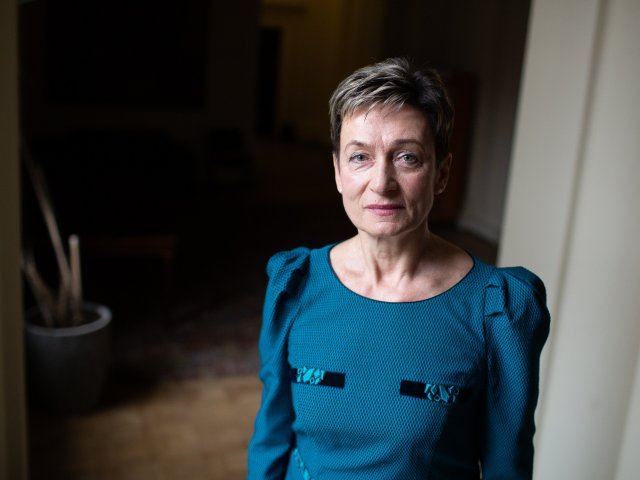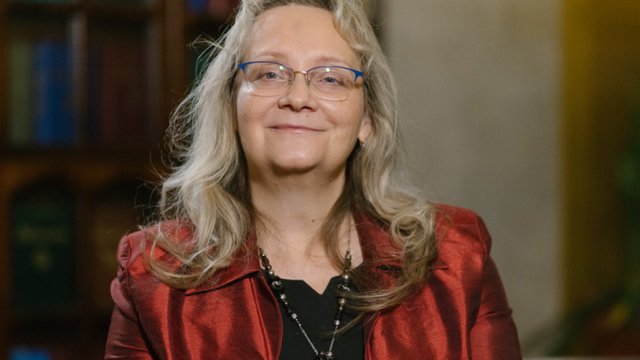Official:
Vladimir Mikhailovich Bekhterev. January 20 (February 1) 1857 – December 24, 1927. An outstanding psychiatrist, neuropathologist, physiologist, psychologist, founder of reflexology in Russia, academician, Honored Science Worker of the RSFSR. Author of the Foundations for Brain Functions Theory in seven volumes.
Founder of Saint Petersburg Research Psycho-Neurological Institute, the first establishment in the world for the comprehensive study of humans. Nowadays the institute is named after its founder.
Life and Work:
1. The Bekhterevs had long been living in the Vyatka Governorate. This is where – at the village of Sorali – Vladimir was born in 1857. One can still find his house in Kirov, where Bekhterev spent his childhood. Today this is a historical sight.
2. Vladimir Bekhterev graduated from high school in Vyatka and Medico-Surgical Academy in Saint Petersburg. Since his early age he dedicated his career to studying mental and nervous diseases. Having become a full member of Saint Petersburg Psychiatric Society, he was sent abroad to complete his education with world-famous scientists, like Charcot.
3. Vladimir Bekhterev taught students in Kazan and Saint Petersburg, established departments and laboratories, treated old diseases and studied new ones. For example, the disease of joints and spine received his name – Bekhterev’s disease. Those of more senior age must have read about it in “How the Steel was Tempered” as Nikolay Ostrovsky, the author of the book, suffered from this disease, too.
4. Bekhterev’s disease was not the only one described by the scientist. He also identified such conditions as chorea epilepsy, syphilitic disseminated sclerosis, acute cerebellar ataxia of heavy drinkers. Among the medications developed by Vladimir Mikhailovich, the most famous one is the sedative mixture known as Bekhterev’s mixture.
5. Vladimir Bekhterev investigated the phenomena of hypnosis and suggestion and the possibility of their application in treating heavy drinkers.
6. Professor Bekhterev was critical of Freud’s theory; however, he facilitated the research into psychoanalysis at the institute he headed.
7. After Bekhterev’s work titled “The Conduction Paths in the Brain and Spinal Cord” was published, F.W. Kopsch, a German anatomist, noted that “only two beings know the mystery of brain: God and Bekhterev.”
8. Bekhterev closely monitored the social processes in Russia from his professional perspective. His diagnosis was as follows: “Sometimes suggestion and instilment play a much more significant role than logical conviction. Anyone who has communicated with the general public would know that from experience.” “You cannot lead people without embodying their dreams.” “Fanatism dilutes brain.” “The crowd binds to one mood, and therefore it is necessary to talk with the crowd, not so much convincing but rather counting to excite it with hot words.” “The team lives and exists at the expense of an individual organism, and the more closely the cohesion of the team, the less room there is for the manifestation of a separate personality.”
9. The Psychoneurological Institute founded by Bekhterev in 1907 was both an educational and research institution. After the revolution it gave rise to the 2nd Leningrad Medical Institute, nowadays, having gone through numerous transformations, it is part of Metchnikoff North-West University.
10. In May 1918 Bekhterev sent a petition to Sovnarkom asking to establish the Institute for Studying Brain Mental Activities. His petition was satisfied and Bekhterev remained the director of this institution till his death.
11. Bekhterev wrote an infinite number of works and established a school of thought, however, he would stay till 2 am consulting patients and exhausting himself to the point he would pick up the stethoscope instead of the telephone saying “Bekhterev speaking.”
12. When professor Bekhterev was working, none of his 5 children dared to disturb the father. The house the Bekhterev occupied in the Kammenny Ostrov in Saint Petersburg is preserved to this day.
13. When Bekhterev was nearly 70, he married for the second time. His wife Berta was a young niece of Genrikh Yagoda.
14. Many attribute Bekhterev’s sudden death of poisoning in 1927 to the consultation he had given to Stalin shortly before this. However, many disagree with this version as Bekhterev was a top-notch professional, fully aware of the medical ethics, thus he could not make the diagnose public.
15. Nowadays Bekhterev’s great-grandchildren live in Prague, Saint Petersburg, San Francisco, and Moscow.






















